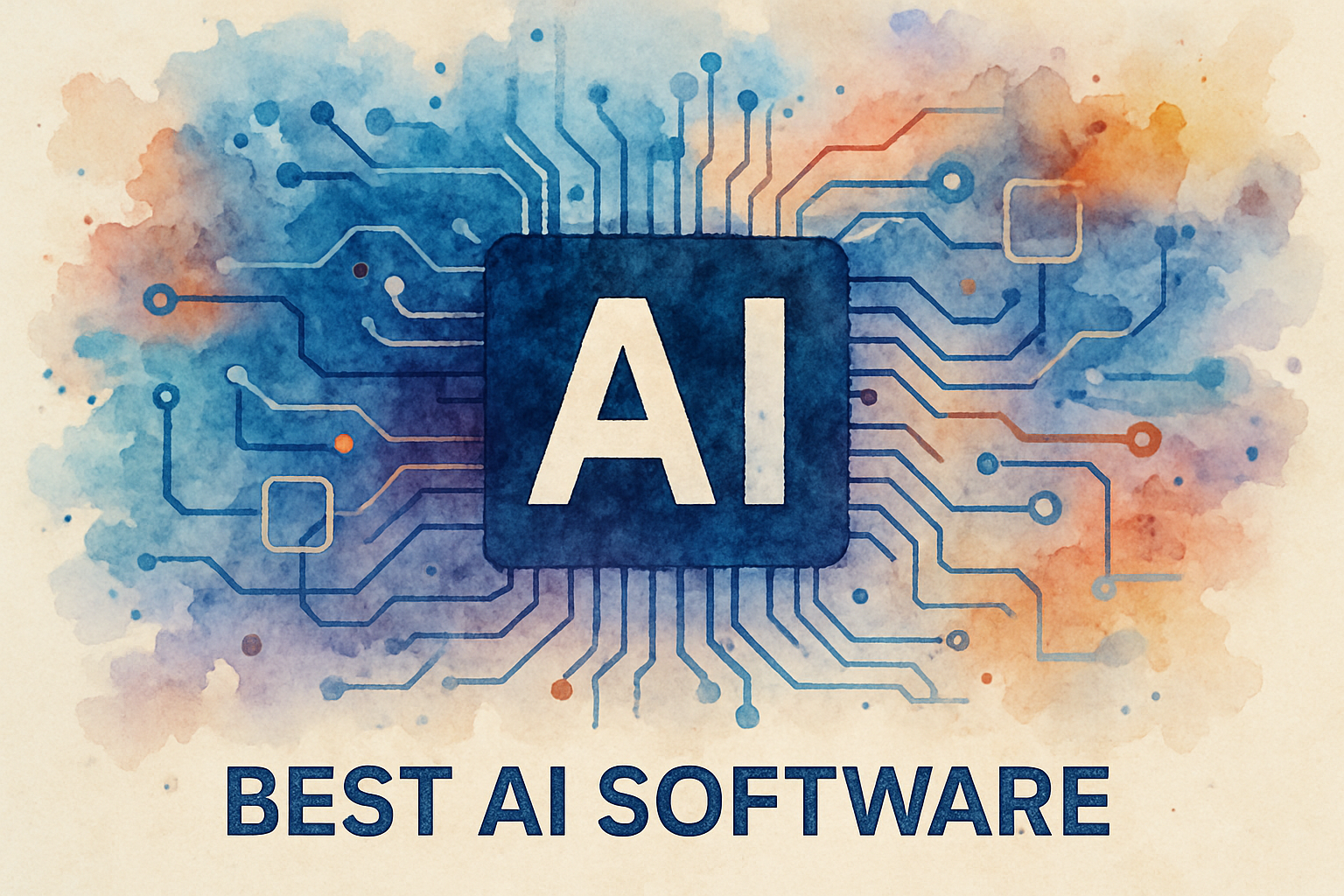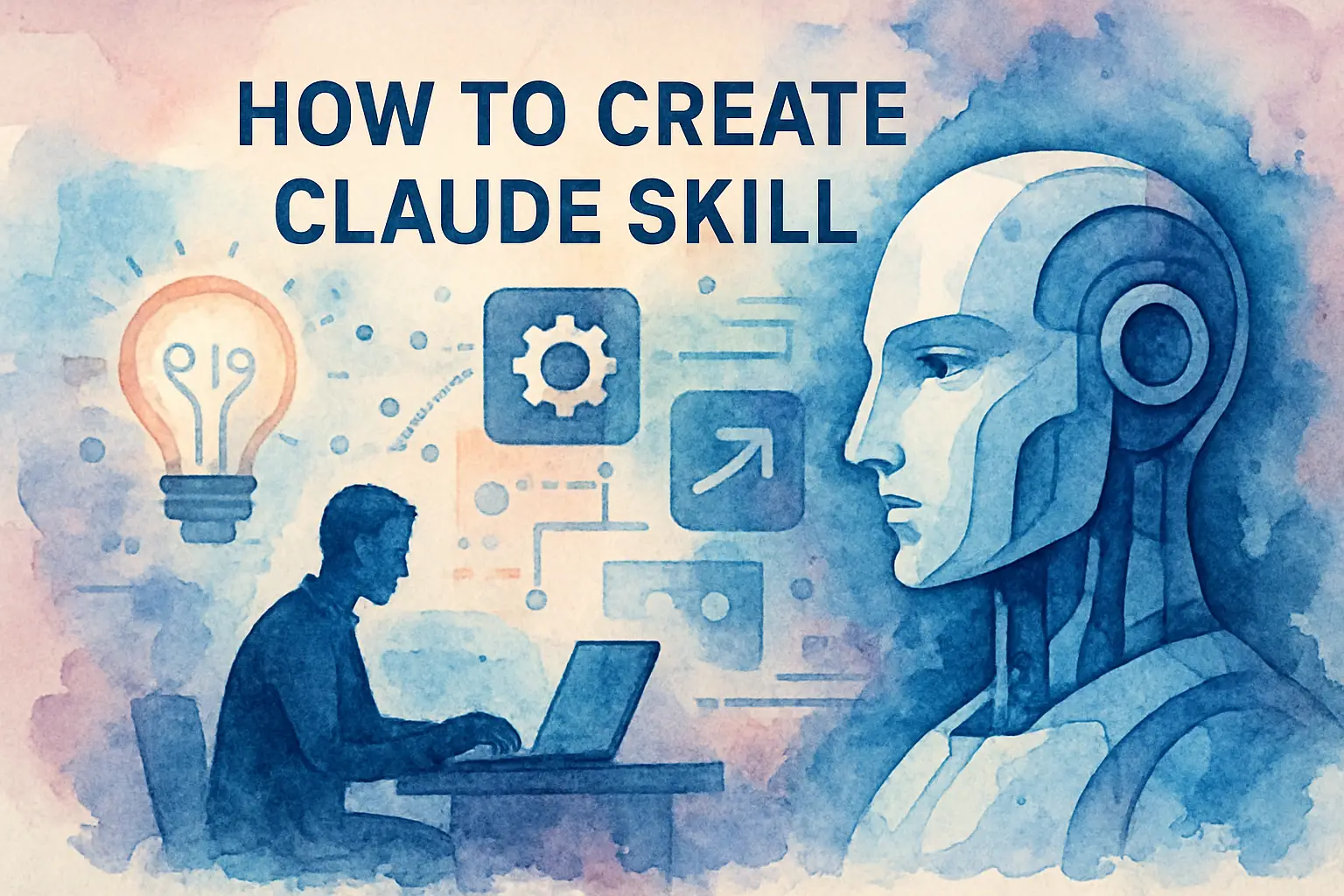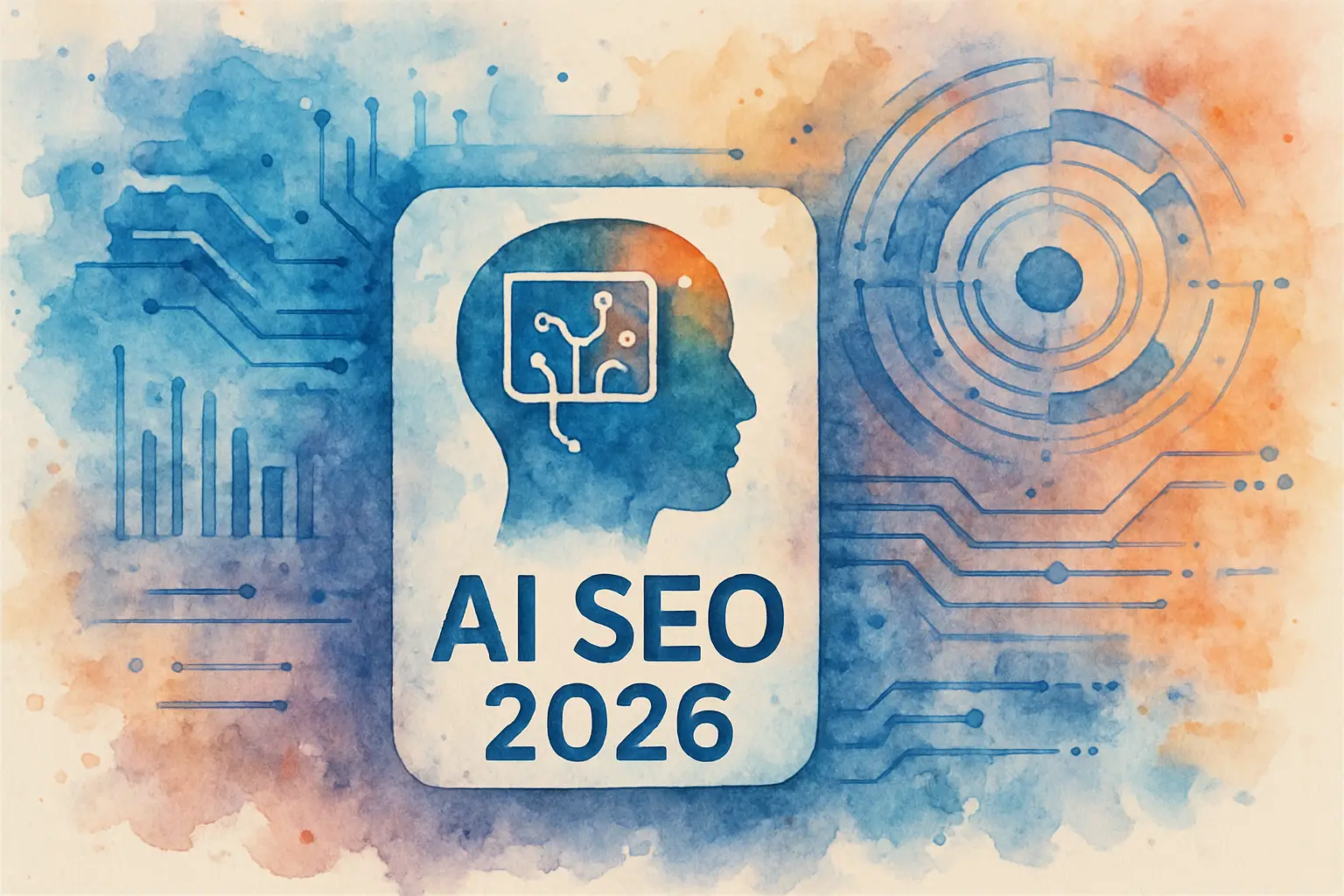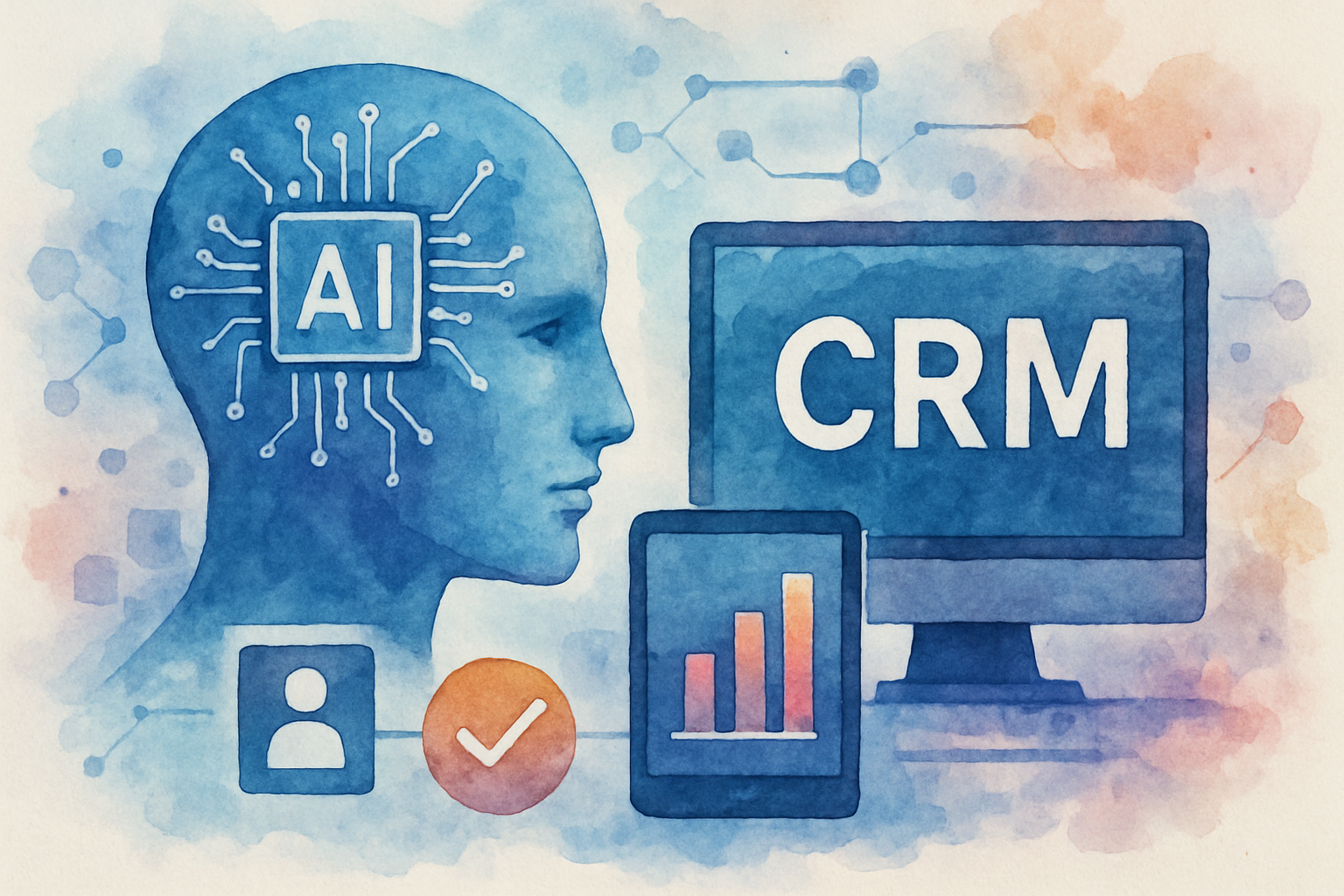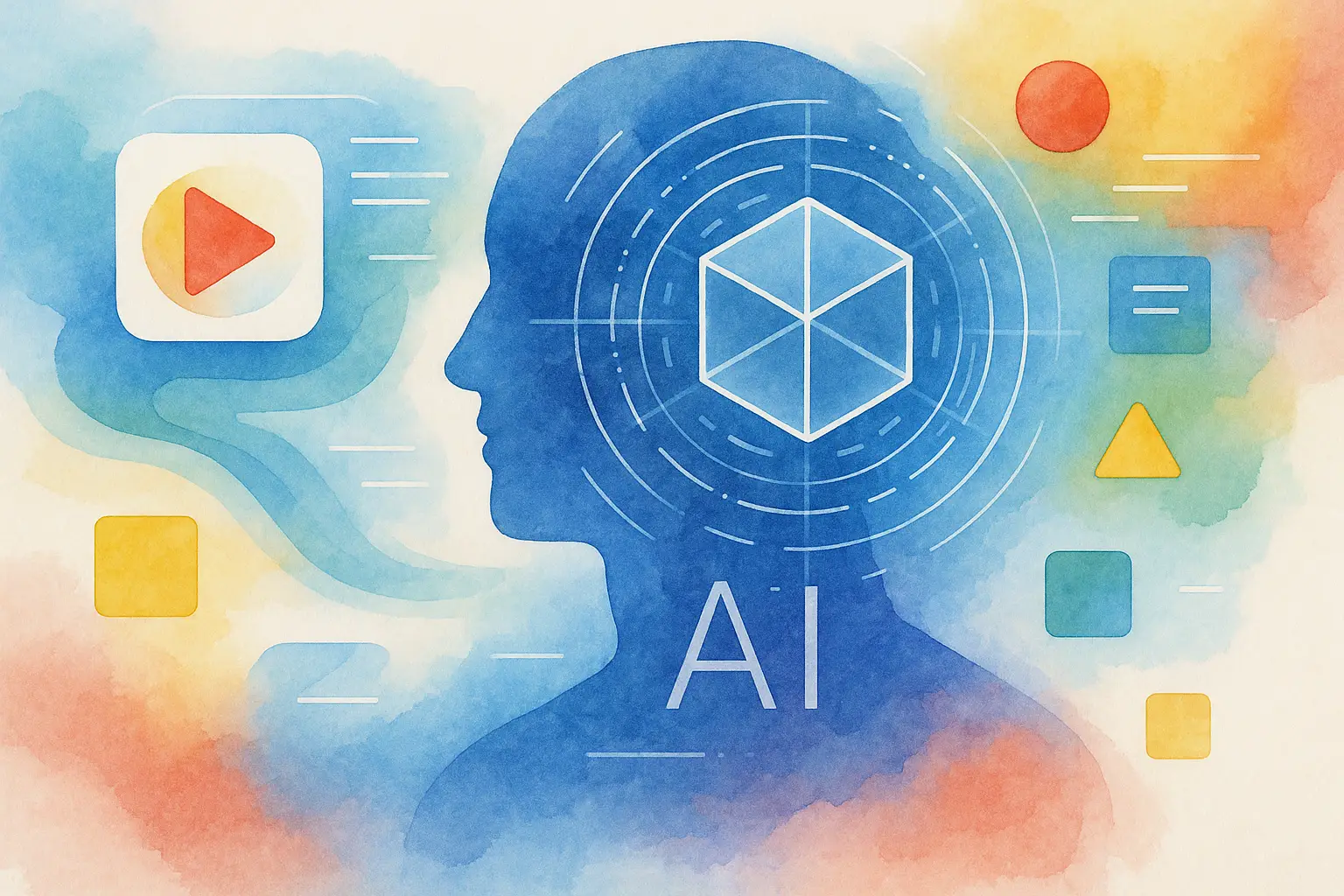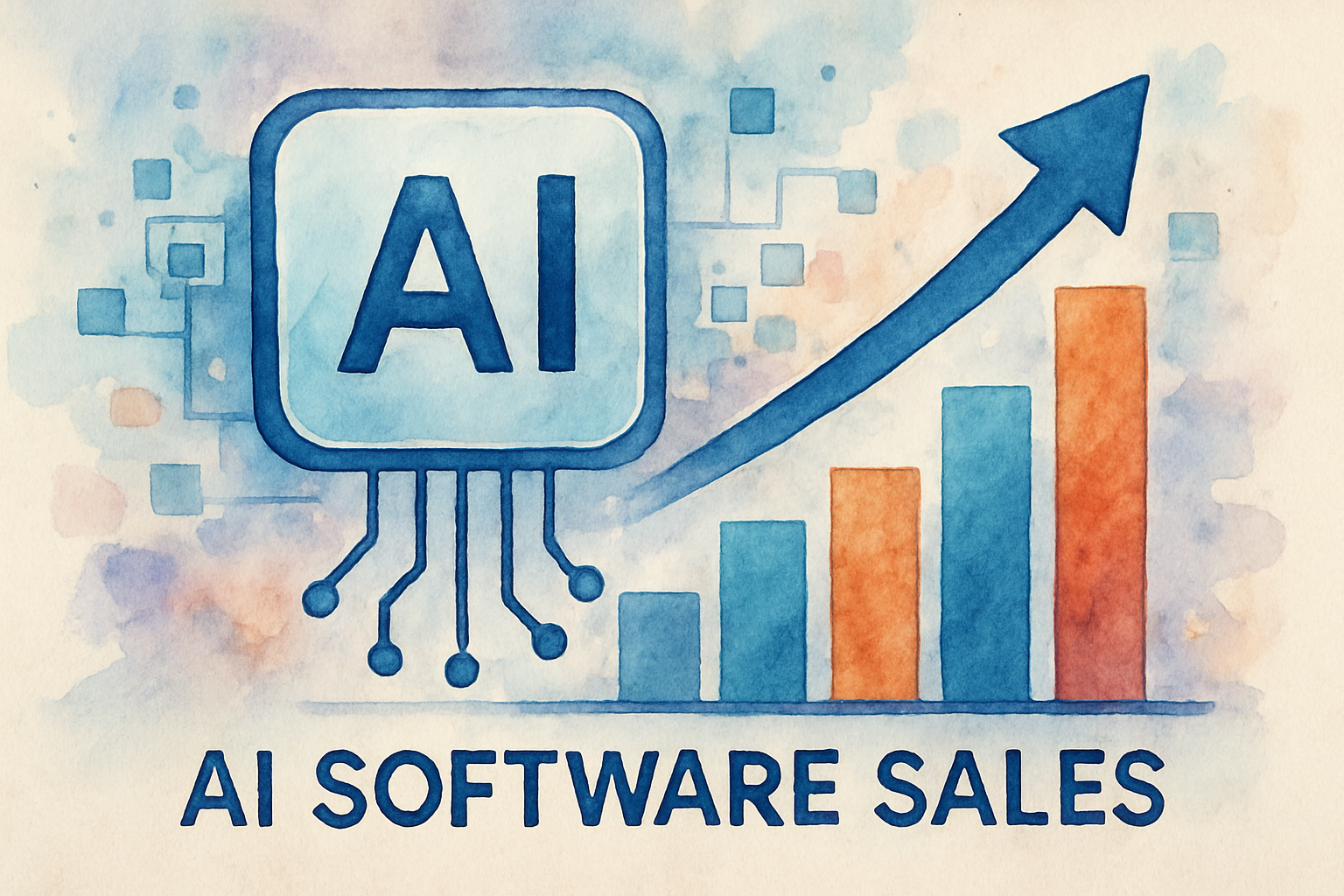Learn More About The Game-Changing AI Agent Builder Tools That Boost Business Productivity by 85%
Introduction
In today’s rapidly evolving technological landscape, businesses are constantly seeking ways to stay ahead of the curve. Enter the world of AI agents – powerful tools that can revolutionize the way we work, make decisions, and interact with customers. But what if you could build your own AI agent, tailored specifically to your business needs?
This article will guide you through the exciting process of creating your own AI agent, exploring the benefits, strategies, and implementation techniques. We’ll delve into the world of AI agent builders, discussing how they can transform your business operations and give you a competitive edge in the market.
Are you ready to unlock the potential of intelligent automation? Let’s dive in and discover how building your own AI agent can propel your business to new heights.
Understanding AI Agents and Their Importance
Before we explore the process of building an AI agent, it’s crucial to understand what they are and why they’re becoming increasingly important in the business world.
What is an AI Agent?
An AI agent is a computer system that can perceive its environment, make decisions, and take actions to achieve specific goals. These intelligent programs use machine learning algorithms and data analysis to perform tasks, solve problems, and even learn from their experiences.
The Rise of AI Agent Builders
AI agent builders are platforms or tools that allow businesses to create custom AI agents without extensive coding knowledge. These builders have democratized access to AI technology, enabling companies of all sizes to harness the power of intelligent automation.
Why AI Agents Matter for Your Business
AI agents can significantly impact your business in several ways:
- Increased efficiency and productivity – 85% report higher productivity
- Enhanced decision-making capabilities – $4.4 trillion productivity potential
- Improved customer service and engagement – 30-45% productivity increase
- Cost reduction through automation – $3+ million annual savings
- Scalability and adaptability to changing business needs – 20-30% gains in productivity
As businesses continue to embrace digital transformation, AI agents are becoming essential tools for staying competitive and innovative.
Benefits of Building Your Own AI Agent
While off-the-shelf AI solutions can be beneficial, building your own AI agent using an AI agent builder offers unique advantages tailored to your business needs.
Customization and Flexibility
When you build your own AI agent, you have complete control over its functionality and capabilities. This level of customization ensures that the AI agent aligns perfectly with your business processes and objectives.
Integration with Existing Systems
Custom-built AI agents can seamlessly integrate with your current technology stack, enhancing overall operational efficiency and data flow across your organization.
Scalability and Future-Proofing
As your business grows and evolves, your custom AI agent can be easily scaled and adapted to meet changing requirements, ensuring long-term value and relevance.
Competitive Advantage
By building a unique AI agent tailored to your specific industry and business challenges, you gain a significant edge over competitors using generic AI solutions.
Strategies for Building an Effective AI Agent
Now that we understand the benefits, let’s explore some key strategies for building an effective AI agent using an AI agent builder.
Define Clear Objectives
Before diving into the development process, clearly outline the goals and tasks you want your AI agent to accomplish. This will guide your decision-making throughout the building process.
Choose the Right AI Agent Builder
Select an AI agent builder that aligns with your technical requirements, budget, and long-term goals. Consider factors such as ease of use, scalability, and available features.
Focus on Data Quality
The effectiveness of your AI agent depends heavily on the quality and quantity of data it’s trained on. Ensure you have access to relevant, high-quality data sets for optimal performance.
Implement Continuous Learning
Design your AI agent to learn and improve over time. Incorporate feedback loops and mechanisms for ongoing training to enhance its capabilities continuously.
Step-by-Step Guide to Building Your AI Agent
Follow this comprehensive guide to create your own AI agent using an AI agent builder:
Step 1: Identify Your Use Case
Determine the specific problem or task you want your AI agent to address. This could range from customer service automation to predictive maintenance in manufacturing.
Step 2: Select Your AI Agent Builder
Research and choose an AI agent builder that best suits your needs. Popular options include Google’s Dialogflow, Microsoft’s Bot Framework, or IBM Watson Assistant.
Step 3: Design Your AI Agent’s Architecture
Plan the structure of your AI agent, including its components, data flow, and integration points with existing systems.
Step 4: Develop and Train Your AI Agent
Use your chosen AI agent builder to develop and train your AI agent. This typically involves:
- Creating intents and entities
- Designing conversation flows
- Training the agent with sample data
- Integrating with backend systems and APIs
Step 5: Test and Refine
Thoroughly test your AI agent in various scenarios and refine its performance based on the results. Continuously improve its capabilities through iterative testing and training.
Step 6: Deploy and Monitor
Deploy your AI agent in a controlled environment before rolling it out fully. Monitor its performance and gather user feedback for ongoing improvements.
Overcoming Challenges in AI Agent Development
While building an AI agent can be transformative for your business, it’s not without its challenges. Here are some common obstacles and solutions:
Data Privacy and Security Concerns
Challenge: Ensuring the privacy and security of sensitive data used to train and operate your AI agent.
Solution: Implement robust data encryption, access controls, and compliance measures. Choose an AI agent builder with strong security features.
Integration Complexities
Challenge: Seamlessly integrating your AI agent with existing systems and workflows.
Solution: Carefully plan your integration strategy, use APIs and middleware solutions, and conduct thorough testing to ensure smooth operations.
Maintaining Accuracy and Relevance
Challenge: Ensuring your AI agent remains accurate and relevant as business needs evolve.
Solution: Implement continuous learning mechanisms, regularly update training data, and schedule periodic reviews of your AI agent’s performance.
Conclusion
Building your own AI agent using an AI agent builder is a powerful way to harness the benefits of intelligent automation for your business. By following the strategies and steps outlined in this guide, you can create a custom AI solution that drives efficiency, enhances decision-making, and gives you a competitive edge in your industry.
As AI technology continues to advance, the possibilities for AI agents in business are endless. Now is the time to embrace this technology and start building your own AI agent tailored to your unique needs and goals.
Ready to take the next step in your AI journey? Contact The Crunch to schedule a free consultation and discover how we can help you build and implement your own AI agent. Get a proposal today!
Frequently Asked Questions
Q1: How long does it take to build an AI agent?
The time required to build an AI agent varies depending on its complexity and your specific requirements. Simple agents can be built in a few weeks, while more complex ones may take several months.
Q2: Do I need coding skills to use an AI agent builder?
Many AI agent builders are designed to be user-friendly and don’t require extensive coding knowledge. However, some coding skills can be beneficial for more advanced customization.
Q3: Can I integrate my AI agent with multiple platforms?
Yes, most AI agent builders support integration with various platforms and channels, including websites, mobile apps, and messaging platforms.
Q4: How do I measure the success of my AI agent?
Key performance indicators (KPIs) for AI agents may include task completion rate, user satisfaction scores, response time, and cost savings achieved through automation.
Q5: What industries can benefit from custom AI agents?
Custom AI agents can benefit a wide range of industries, including healthcare, finance, retail, manufacturing, and customer service, among others.



